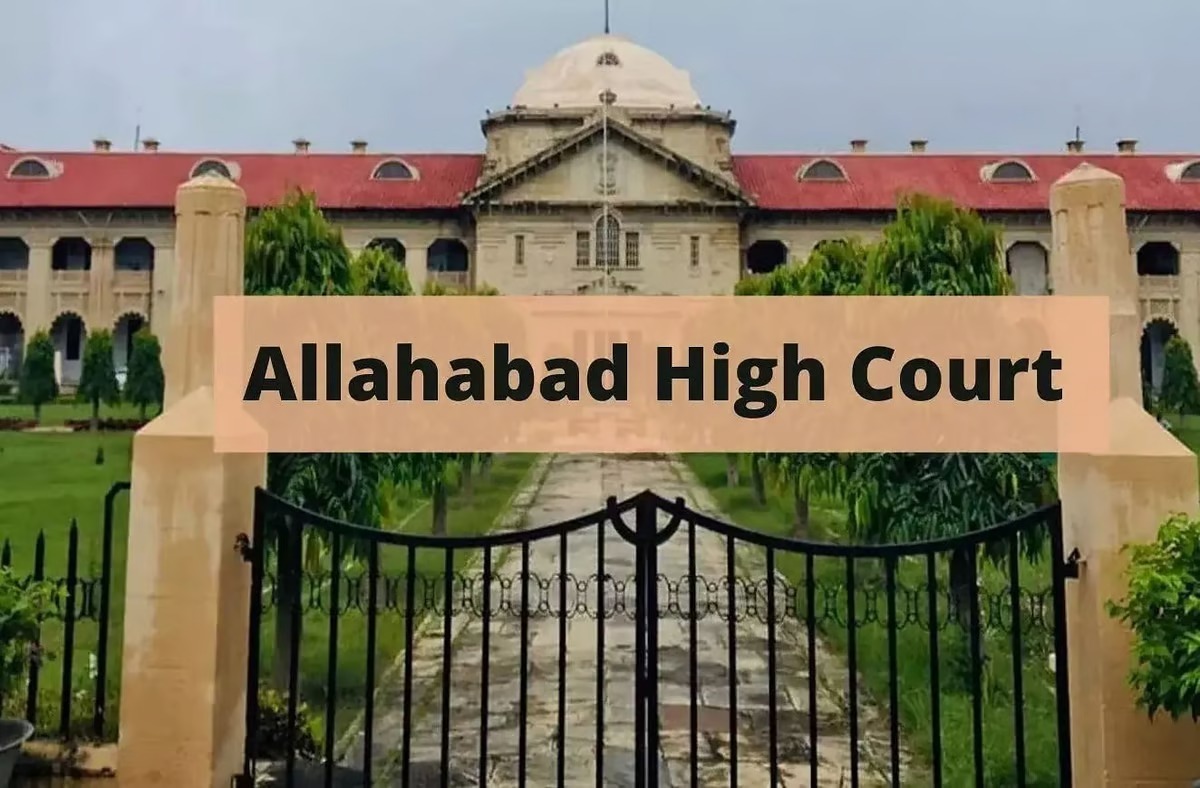R.S. Chauhan, J.@mdashThe petitioner is aggrieved by the order dated 28.4.2012 passed by the Additional Chief Judicial Magistrate, Sambhar Lake, District Jaipur whereby the learned Magistrate has accepted the negative Final Report filed by the police and has rejected the protest petition filed by the petitioner. The petitioner is also aggrieved by the order dated 24.7.2012 passed by the Additional District & Sessions Judge, Sambhar Lake, District Jaipur whereby the learned Judge has rejected the revision petition filed by the petitioner. The brief facts of the case are that the petitioner filed a criminal complaint against one Bhanwarlal before the learned Magistrate alleging therein that his father, Deep Chand, had expired on 10.9.1966 leaving behind him a house at Jobner. After death of his father, his three sons and two daughters were having equal share in the property. Deep Chand never executed any will. But the accused Bhanwarlal got prepared a forged Will on 3.9.1963 in his favour. On the basis of said forged will, Bhanwarlal got succession certificate from the civil court and got the property transferred in his name from the Municipal Board. The said complaint was-sent for further investigation by the learned Magistrate u/s 156(3) Cr.P.C. to the Police Station Jobner (Jaipur) where a formal FIR, the FIR No. 78/2010, was registered for offence under Sections 420, 467, 468 and 471 IPC. After investigation, the police submitted negative Final Report before the learned Magistrate. After receipt of notice, the complainant-petitioner filed a protest petition. The learned Magistrate-recorded the statements of the complainant and of his witnesses under Sections 200 and 202 Cr.P.C. respectively. By order dated 28.4.2012, the learned Magistrate accepted the negative Final Report submitted by the police, and rejected the protest petition filed by the complainant. Thereafter, the petitioner filed a revision petition, which was dismissed by the learned Judge by the order dated 24.7.2012. Hence, this petition before this court.
2. Mr. Anoop Dhand, the learned counsel for the petitioner, has contended that the allegation made by the petitioner against one Bhanwarlal was that the petitioner''s father Deep Chand never left a Will. However, Bhanwarlal had forged a will of his father. On the basis of the forged will, he had managed to procure a succession certificate issued by the competent court. Moreover, on the basis of the forged document, he managed to get the property transferred in his name from the Municipal Board, Sambhar Lake. Thus, the allegations were with regard to offences under Sections 467, 468, 471 IPC. Moreover, since Bhanwarlal had caused wrongful loss to the petitioner and had ensured wrongful gain to himself, the offence u/s 420 IPC was clearly made out.
3. Secondly, both the learned courts below have erred in claiming that since the succession certificate issued by the civil court is under challenge before the appellate court, therefore, the case is of a civil nature.
4. Thirdly, once an allegation of forgery has been made, the police was duty bound to recover the document, namely the Will, and to send it for forensic examination to the Forensic Science Laboratory. However, the police had failed to do so. Hence, both the orders need to be interfered with.
5. On the other hand, the learned Public Prosecutor has supported the impugned orders and claimed that since both the parties are involved in civil dispute, the case is of civil nature.
6. Heard the learned counsel for the parties and perused the material on record including the impugned orders.
7. A document may relate to civil liability. But once it is alleged that the document is a forged one, then such an allegation takes the case out of the civil jurisdiction and places it in the criminal arena. After all, the allegation is of forgery a criminal act. Therefore, the issue is no longer about the validity of the will. But the issue is about the genuineness of the document, about its being forged, about who has forged the document. Therefore, neither the police, nor the court would be justified in passing the buck by claiming that the case is "basically of civil nature". Such an interpretation is, clearly, a misnomer. Therefore, for the reasons stated above, this court quashes the order dated 28.4.2012 and the order dated 24.7.2012 and directs that the alleged will should be sent to the Forensic Science Laboratory for its report. Once the report is received, the police shall be free to decide whether to file a charge-sheet or to file a negative Final Report before the learned Magistrate.
With these directions, the petition is disposed of.

